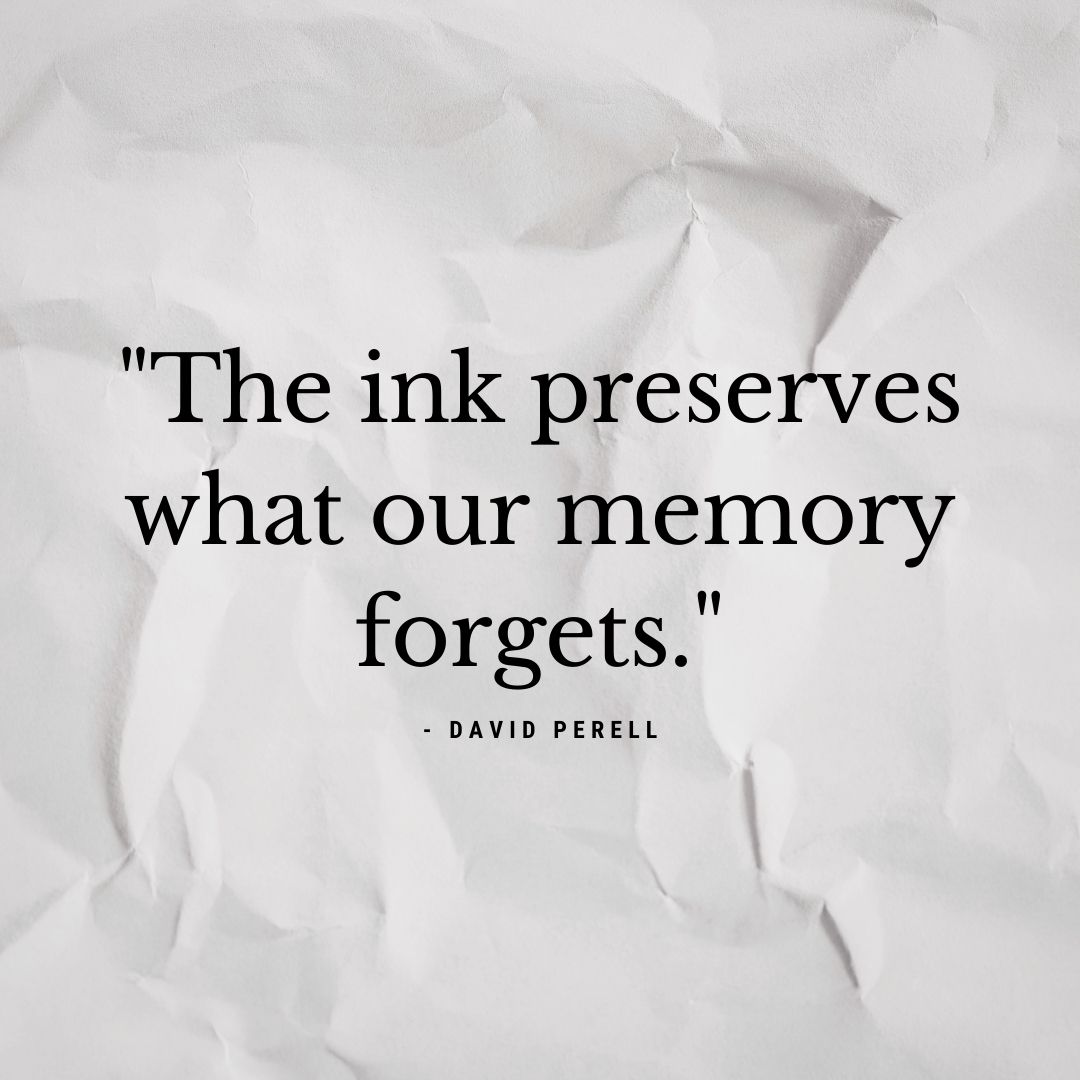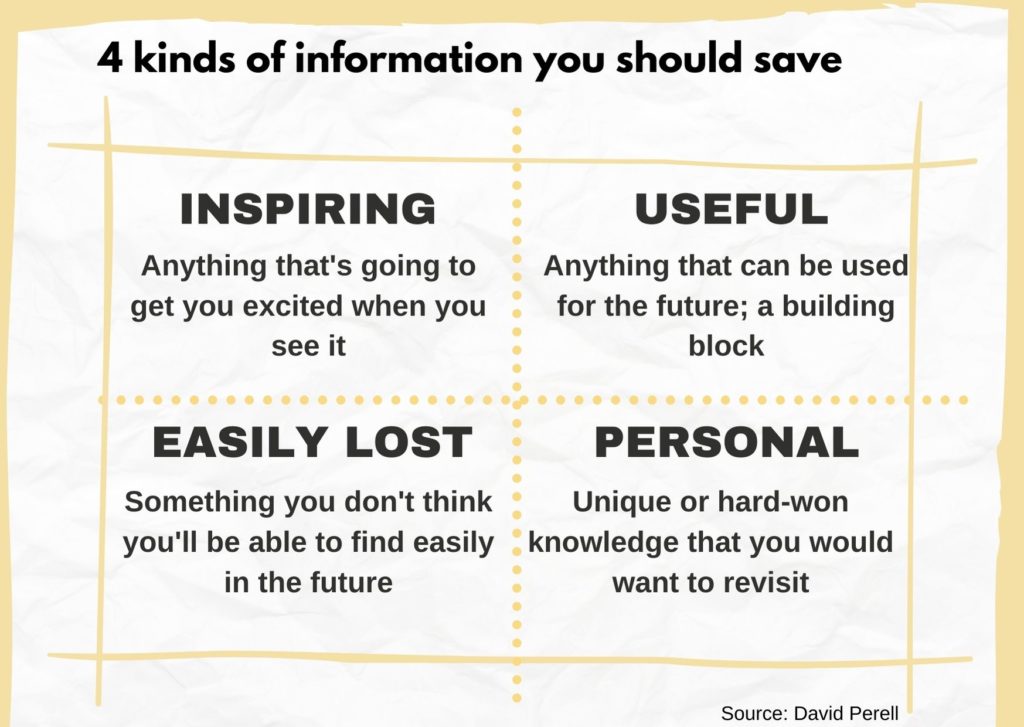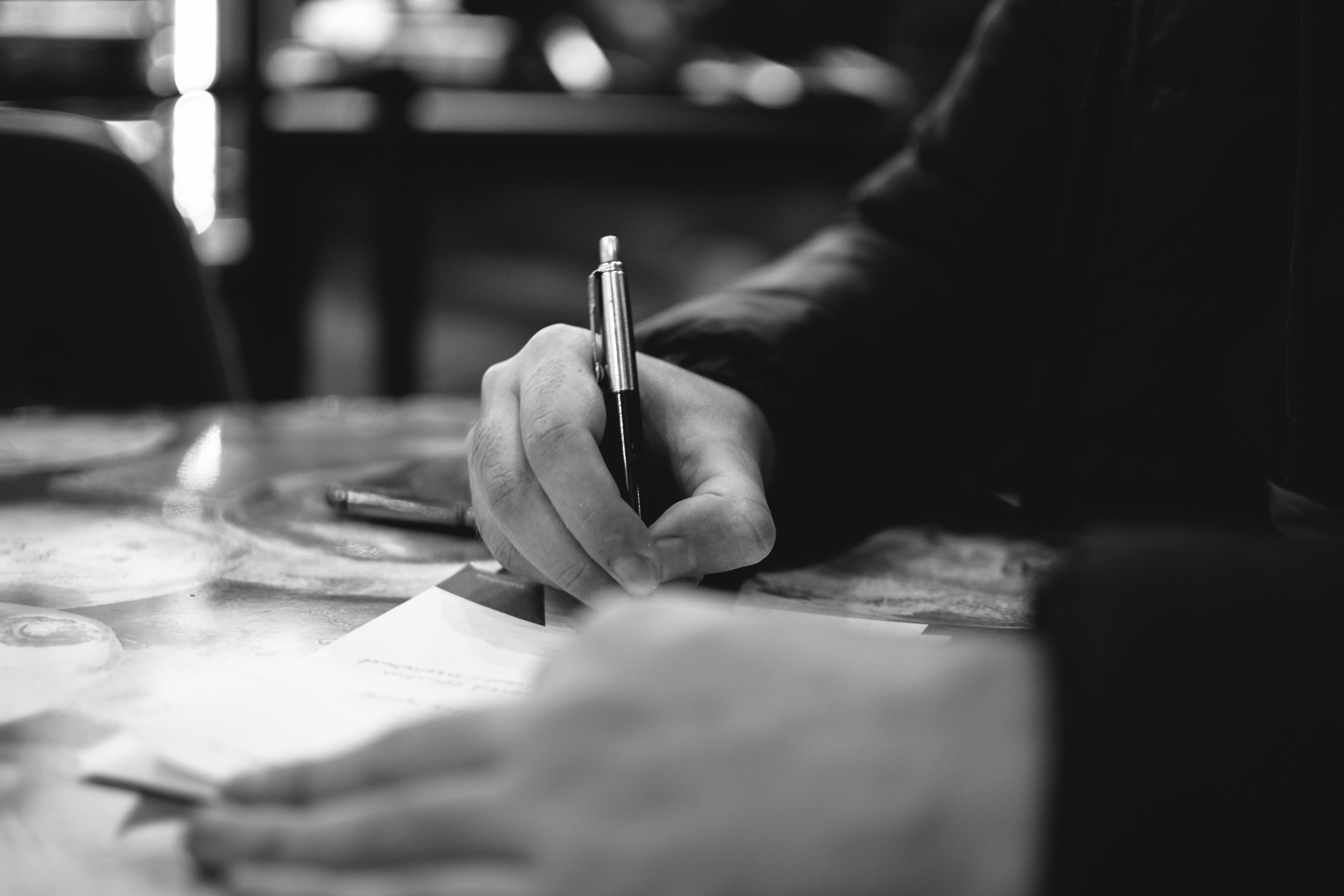
Within one of my blog posts, I spoke about how Notion is my favourite productivity and note-taking app. In this post, I’ll be talking about how note-taking has helped me be a more intentional content consumer and why I highly recommend it.
I’m pretty sure the word ‘note-taking’ has brought back some difficult memories from school or university when we had to take copious amounts of notes to either perform well in our exams or write really good academic essays or dissertations. But, after leaving student life, note-taking has left us too. Also, the meaning of note-taking has now been equated with academia. Through this post, I urge you to bring note-taking back into your lives. Not in the traditional academic way, but in a way that helps you preserve and remember information, stories or moments. You can write down a stream of consciousness right after you’ve read a book, watched a movie, read a tweet or a blog post. Coming back to this ink on paper will put you right back in the moment, which would be easily forgotten otherwise.
It is advisable to categorise these notes to facilitate retrieval. One way to categorise your notes is by sorting them into four main categories, namely, ‘Inspiring’, ‘Useful’, ‘Easily lost’ and ‘Personal’. I’ll take you through how I sort my own notes into these different categories and how useful it’s been for me so far.

Inspiring
I usually stumble into inspirational material through multiple sources, like books, blogs, YouTube videos or other social media like Twitter or Instagram. And making notes on these inspirational tidbits is highly useful in the realm of content creation, higher education, consultancy projects and so on. In cases of inspirational content or messages, the note-taking process is usually to first write the source in great detail and then expand on what the message is urging me to change or add about my current process and how it is adding another dimension to the way I see the world. For instance, coming across the concept of the Pomodoro technique has helped me become better at getting over the resistance of starting a task at hand. And, when I was introduced to this technique in Thomas Frank’s video, I made a note of this in Notion, I wrote about how it came into existence and how I could implement this daily whenever I would have to undertake a cognitively demanding task like learning how to code or learning a new language.
Useful
Useful information is different for different people. It purely depends on your interests. So, information about how many weight lifting sessions one has to do in order to be able to lift 50kg weight plates is useless for me but it’s highly useful information for people within this specific domain. Similarly, I curate my information to suit my interests. I’ve written about how I do this in my blog post titled, ‘Feedly + Unread + Instapaper Integration’. Consuming and making notes on information that I find useful enables me to create building blocks of information, that I can use at a later date. I do wish I had access to this system when I was writing my Masters dissertation back in 2013. It’s such a nice way to ensure that I don’t have to a heavy lift when it comes to looking for useful information. I can simply open up my Notion database and retrieve this information for future use.
Easily Lost
When scrolling Twitter or Instagram, more often than not, I come across a tweet or an Instagram quote that inspires me or resonates with me. Yes, I do either bookmark the tweet or use the ‘save’ feature on Instagram in order to preserve it. But, to be honest, I never go through the bookmarks on Twitter or the saved folder on Instagram. Essentially, it’s as good as forgetting them. One way of ensuring that I don’t let this moment of inspiration leave me is by taking notes about it and adding it to my database within Notion. It’s been supremely helpful in instances when I’ve been thinking about what I should write for my next blog post. I go through the Notion database and the tweet been saved and I’ve written down my initial thoughts on it. And voila, I have the bones for my new blog post ready. Another practice that I’ve learned from a wonderful book, ‘Storyworthy’, written by Matthew Dicks, is to do my ‘Homework for Life’. This involves writing a sentence or two, at the end of a day, about the most story-worthy moment of the day. It’s such a good way to ensure that we preserve small moments in our day that were either heartwarming or simply moments we would not like to forget. If we didn’t preserve them, they’d be easily lost.
Personal
Documenting personal anecdotes or experiences enables us to vividly remember them years later. And if you’ve got a unique experience within a field or have expertise within a unique domain, it helps to document knowledge associated with it. Daily or weekly journalling practices are great for ensuring we make note of either our day or week in great detail. Regular journaling or note-taking provides us with a valuable database of hard-won experiences that we can always revisit. For instance, I’m currently documenting my struggles with seeking employment in midst of a pandemic. Writing about both situational and mental struggles helps me to take account of these difficult days. Also, writing about small wins, either in the form of minuscule increments in subscriber counts or a subscriber commenting about how valuable my video has been for them, feels great. And, future Maryam will thank present-day Maryam for having this elaborate database of stories and ideas.
I hope this post has inspired you to take some notes about note-taking. Meta indeed. So go on open your Notion account, or a native notes app on your computer or phone and start typing away. I’m sure this accumulated wealth of personalised and useful information will be transformational in some way.

